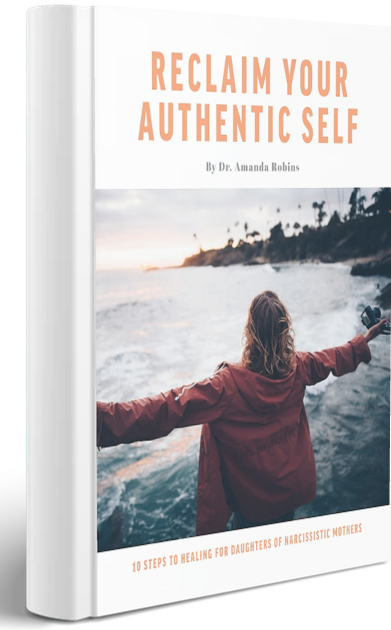Loving Someone With BPD
I have seen things from both sides of the fence.
Working with carers and with consumers in public mental health has helped me understand the alternating points of view of people with BPD and those who love them.
I am not about polarising - because I believe in relationships. Otherwise I wouldn’t be a therapist.
If you want a diatribe about how dreadful people with BPD are, there are plenty of other resources out there - far too many if you ask me (but not as many as there are about narcissistic toxicity!)
10 Tips for Families and Friends of People with BPD
People with BPD need love and acceptance
Although we all need love, people with BPD are particularly vulnerable and needy when it comes to affection. They crave concrete ackowledgement of your acceptance and love, so that means lots of reassurance and attention.
People with BPD are terrified of rejection
This can lead them to do some strange things. It can also make them appear demanding. This can be exhausting for those around them, but remember that you DON’T have to give in to their need for constant reassurance. As long as you can validate their feelings and be clear about your boundaries, they will eventually learn to trust you. Being crystal clear AND consistent is more important than giving in to every whim.
People with BPD are NOT evil
They cannot help the way they are. BPD is caused by traumatic experiences in childhood and no matter how bad things get, having compassion will help both of you.
People with BPD are NOT manipulative.
Although their behaviour may appear to be manipulative from the outside, its important to remember that they are trying to survive in the only way they know how.
You will trigger them!
Its best to understand that the “window of tolerance” for people with BPD is usually quite small. Behaviours that to others might appear inconsequential can be earth shattering for people with BPD. The closer you are to them, the more it is likely that you will unwittingly hurt them - hopefully you will get to the stage in your relationship where you both will be able to talk about these moments of “rupture” and be able to repair them and become closer.
try to understand what is really going on for them.
Unpredictability becomes less so if you can understand the motivations behind your loved one’s behaviour. Because they are strongly triggered by (and within) attachment relationships, their behaviour can be exaggerated (and a lot more challenging) with people they care about. You might have to develop tolerance around this - if you plan to stay.
Abuse is never acceptable.
You do not have to (and shouldn’t) put up with abuse or abusive behaviour - or stay in any situation or relationship where you are physically threatened, endangered or where your partner uses threats to try to control you. Healthy relationships do not involve threats, manipulation, control or abuse. If your partner or family member is behaving in this way you need to be clear that this is not acceptable. If you feel unsafe, you must get help and leave the situation.
Maintain strong boundaries
Having good, consistent boundaries will protect you and help keep your relationship healthier. Saying ‘no” is part of any healthy relationship.
Practice good self-care
Looking after yourself and having “me-time” will allow you to stay healthy and strong and help you manage the challenges of the relationship.
Read as much as you can about BPD
Becoming knowledgeable will help you understand and allow you to support them - and yourself.
















